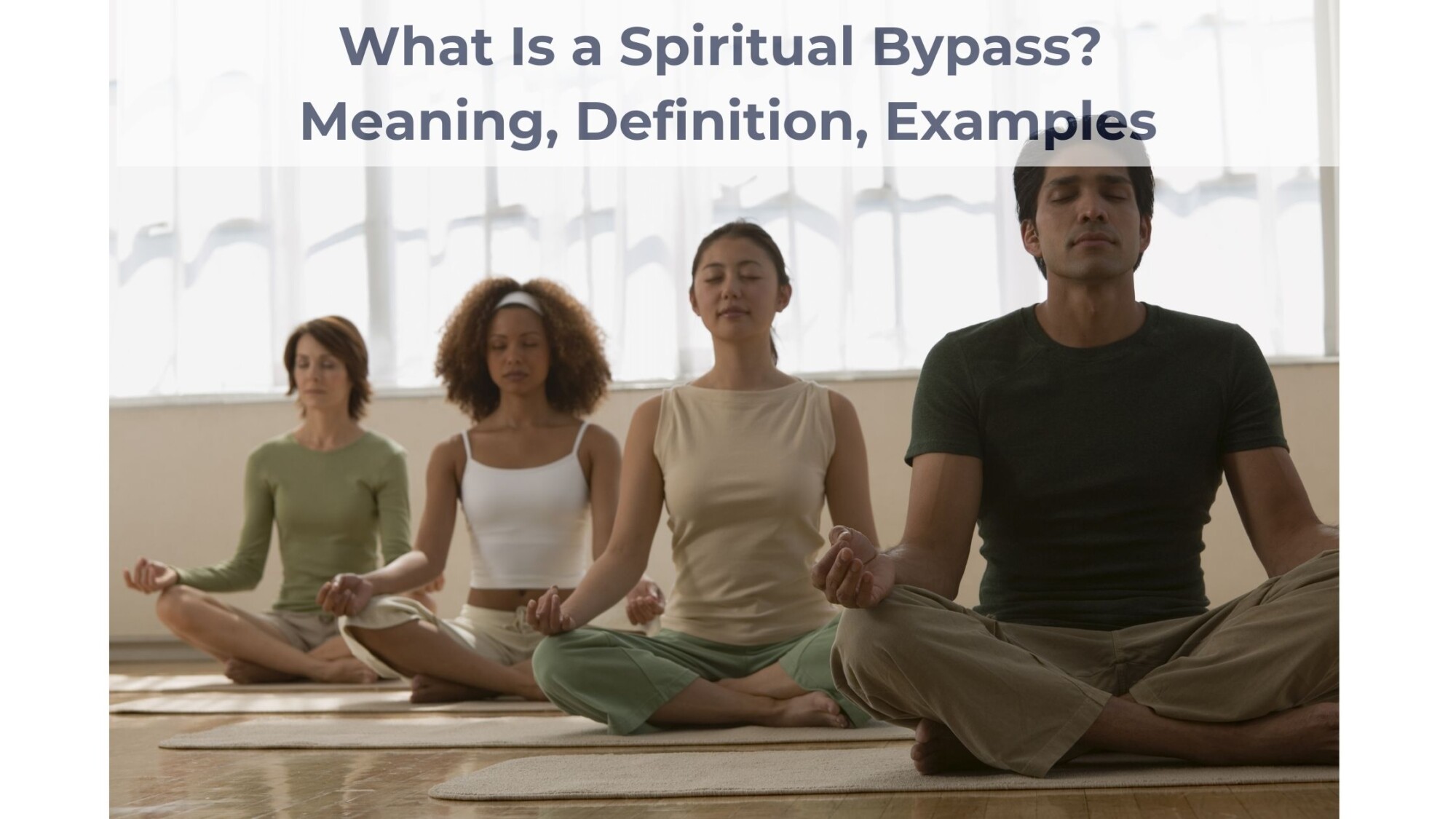Interview with Tami Simon, Founder of Sounds True
Part Two of a Two-Part InterviewSee Part One Here »
Tami Simon: Can you help me understand what you mean by “effortless” mindfulness, a term that you employ often in your book Shift Into Freedom? This sounds very attractive to me. How do I approach mindfulness with effortlessness?
Loch Kelly: Great question. So “effortless” does not mean that should “make no initial effort.” To practice effortless mindfulness, we do have to make an initial effort. Sometimes, the word “anupaya” is used, which means that we need to make a small initial effort of letting go, turning over, discovering— or what I call “unhooking awareness from thought.” By doing this, we learn how to discover that the space all around us is already aware.
So, the initial step is a surrender and an unhooking and an inquiring until you join or pass the baton of awareness to an awareness that is effortlessly aware already. So, that’s the effortless part—there’s something that’s effortlessly aware already. It’s what people who operate in the flow state know very well.
This isn’t a meditative state. Most of the practices that I promote are open-eyed, and they’re meant to immediately take you into a functional flow state. You’re not monitoring or self-reflecting all the time on what you’re about to do. It’s like a trust in a natural intelligence.
TS: So, could we say that one way to describe this new operating system of effortless mindfulness as a highly functional flow state?
LK: Yes. I have a chapter in my book that deals exactly with this notion of the flow state. I describe how we can live in a highly functional flow in the world, while remaining in an awareness-based mode of being.
While living from this new sense of Being will feel new, we’ve already trained in all of these other functional things that we need to do during the day. We’ve already done 10,000 hours of walking, talking, thinking, and relating to others. So there’s no reason we can’t be effortlessly mindful while we do these activities. My contention is that an awareness-based identity can come online in our daily lives, and relieve a lot of suffering in the process. That’s what I’ve been finding in my own life, and in the lives of many of my students.
To do this, we must first awaken out of our thought-based way of knowing who we are. We have to learn how to “unhook” as I call it in my book. But then we must also awaken into an awareness-based way of knowing who we are. It’s an initial unlearning, and then a retraining in this new awareness-based mode of being.
See Part One of the Interview »
This is a transcript excerpt with minor edits from an interview with Loch conducted by Tami Simon, the founder of Sounds True Publishing. Listen to the full interview or read the entire transcript here »








